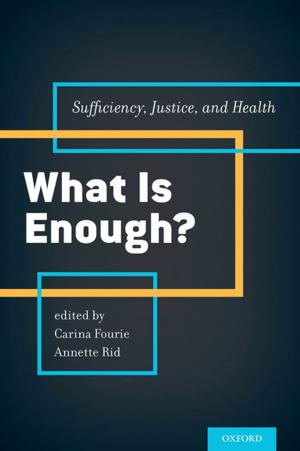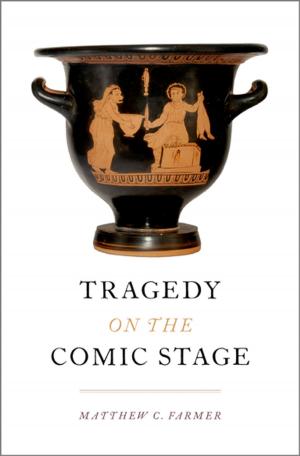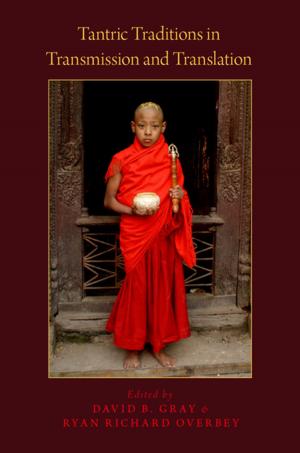Windows of Opportunity
How Women Seize Peace Negotiations for Political Change
Nonfiction, Social & Cultural Studies, Political Science, International, International Relations, Reference & Language, Reference| Author: | Miriam J. Anderson | ISBN: | 9780190493424 |
| Publisher: | Oxford University Press | Publication: | January 4, 2016 |
| Imprint: | Oxford University Press | Language: | English |
| Author: | Miriam J. Anderson |
| ISBN: | 9780190493424 |
| Publisher: | Oxford University Press |
| Publication: | January 4, 2016 |
| Imprint: | Oxford University Press |
| Language: | English |
In 1915, women from over thirty countries met in The Hague to express opposition to World War I and propose ways to end it. The delegates made three demands: for women to be present at all international peace conferences, a women's-only peace conference to be convened alongside any official negotiations, and the establishment of universal suffrage. While these demands went unmet at the time, contemporary women's groups continue to seek participation in peace negotiations and to have language promoting gender equality inserted into all peace agreements. Between 1975 and 2011 about 40% of all conflicts that produced peace agreements resulted in at least one with references to women. Many of these clauses addressed compensation for wartime gender-based violence and guarantees for women's participation in the post-conflict transitional period. Others included electoral quotas and changes to inheritance legislation. Curiously, the language used to address women is near consistent across these agreements, and that is because it reflects international women's rights norms rather than more local norms. Why is it that though a peace agreement's primary objective is to end conflict, some include potentially controversial provisions about gender that might delay or complicate reaching an agreement? Why do these provisions echo international norms rather than local, cultural ones? And which factors make it more likely that women's rights will appear in peace agreements? Windows of Opportunity answers these questions by examining peace negotiations in Burundi, Macedonia, and Northern Ireland along with 195 peace agreements signed between 1975 and 2011. It looks at the key actors involved in lobbying for women's participation, along with their motivations, objectives, and strategies. It also explores the reasons for similarities among the gender provisions.
In 1915, women from over thirty countries met in The Hague to express opposition to World War I and propose ways to end it. The delegates made three demands: for women to be present at all international peace conferences, a women's-only peace conference to be convened alongside any official negotiations, and the establishment of universal suffrage. While these demands went unmet at the time, contemporary women's groups continue to seek participation in peace negotiations and to have language promoting gender equality inserted into all peace agreements. Between 1975 and 2011 about 40% of all conflicts that produced peace agreements resulted in at least one with references to women. Many of these clauses addressed compensation for wartime gender-based violence and guarantees for women's participation in the post-conflict transitional period. Others included electoral quotas and changes to inheritance legislation. Curiously, the language used to address women is near consistent across these agreements, and that is because it reflects international women's rights norms rather than more local norms. Why is it that though a peace agreement's primary objective is to end conflict, some include potentially controversial provisions about gender that might delay or complicate reaching an agreement? Why do these provisions echo international norms rather than local, cultural ones? And which factors make it more likely that women's rights will appear in peace agreements? Windows of Opportunity answers these questions by examining peace negotiations in Burundi, Macedonia, and Northern Ireland along with 195 peace agreements signed between 1975 and 2011. It looks at the key actors involved in lobbying for women's participation, along with their motivations, objectives, and strategies. It also explores the reasons for similarities among the gender provisions.















